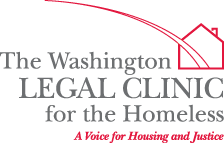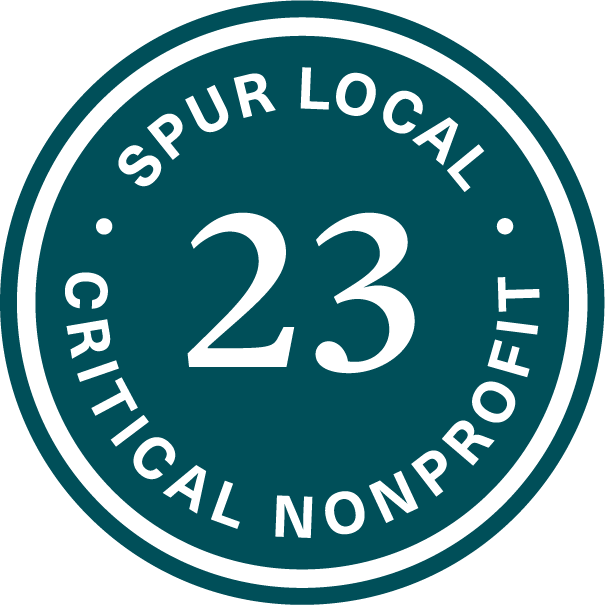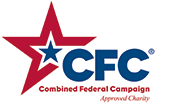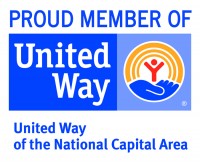A Guest Blog by the Fair Budget Coalition
This morning, Mayor Gray’s Comprehensive Housing Strategy Task Force (CHSTF) released its long-waited recommendations for addressing the District of Columbia’s affordable housing crisis. The Fair Budget Coalition (FBC) is reviewing the CHSTF report to assess how well the recommendations address the needs of the District’s lowest income residents. In the meantime, as the Mayor closes in on decision-time for his FY 2013 Supplemental and FY 2014 Budget proposals, FBC has submitted to the Gray Administration the following specific recommendations for how Mayor Gray can best fulfill his pledge of $100 million investment in affordable housing.
Invest $26.5 million to ensure that housing is provided right now to the most vulnerable populations, ending homelessness completely for certain particularly vulnerable populations.
1. End homelessness for children with no safe place to sleep. With an annual investment of $5 million, Mayor Gray could end homelessness for every family in DC General and in hotels: around 300 families.
Family homelessness increased almost 75% between 2008 and 2012, and DC has stopped being able to serve “Priority One” families year-round in emergency shelters as a result of the high demand for services. This investment in housing would move enough additional families out of shelter over the next two years to ensure sufficient space in the shelter system to serve families with no safe place to sleep year-round, and to vastly decrease the amount of time any family has to live in DC General. (As you know, when DC invested $4 million in Local Rent Supplement Program in FY13, it drastically reduced the overcrowding in the family shelters and allowed DC to decrease dependence on costly hotel placements during the winter.) Those families who need permanent supportive housing should be served by the DHS Housing First program. The rest should be served by the Local Rent Supplement Program.
Program breakdown:
Housing First: $1.5 million (60 households served with housing and supportive services)
Tenant-based Local Rent Supplement Program: $3.5 million (240 households served with vouchers)
2. End homelessness for all seniors. With a total annual investment of $10 million, Mayor Gray could end homelessness for every senior in DC.
Seniors are at increased risk of becoming victims of crime on the street or in shelters and often have health conditions that worsen in these environments, unnecessarily shortening their lives. No elderly DC resident should be homeless. In 2012, 573 homeless single adults as well as adults in 3 families in shelters, were over age 62. Those who are elderly and need permanent supportive housing should be served by the DHS Housing First program. The rest should be served by a set-aside appropriation to the Local Rent Supplement Program.
Program breakdown:
Housing First: $5.7 million (224 households served with housing and supportive services)
Tenant-based Local Rent Supplement Program: $4.3 million (352 households served with vouchers)
3. End homelessness for every DC resident with HIV/AIDS. With a total annual investment of $3.75 million, Mayor Gray could end homelessness for every person with HIV/AIDS in DC.
DC is in the midst of a severe HIV/AIDS epidemic and housing reduces mortality rates by 80%. While many advances have been made in treating the disease and in preventing transmission, studies show that homelessness both decreases good health outcomes dramatically and increases transmission rates (due to increase in sex trade, sexual violence and needle sharing practices on the street). No DC resident with HIV/AIDS should experience homelessness. In 2012, 131 single adults and 24 adults in families were identified as homeless and living with HIV/AIDS. (Due to under- reporting, these numbers are likely unrepresentative of the actual need.) Those who have HIV/AIDS and need permanent supportive housing should be served by the DHS Housing First program. The rest should be served by a set-aside appropriation to the Local Rent Supplement Program.
Program breakdown:
Housing First: $1.25 million (50 households served with housing and supportive services)
Tenant-based Local Rent Supplement Program: $2.5 million (200 households served with vouchers)
4. Invest $5 million in the Department of Human Services’ (DHS) Housing First Program to serve 200 additional chronically homeless individuals who are highly vulnerable but are not elderly or families and do not have HIV/AIDS.
During Mayor Fenty’s administration, over 1000 households were served by this program, which is a national model and saves DC large amounts of money. DHS has identified 1,269 individuals and 56 families that are extremely vulnerable and in need of permanent supportive housing at this moment.
Program breakdown:
Housing First: $5 million (200 households served with housing and supportive services)
5. Invest $2.75 million in Independent Living Programs for 20 additional youth who are 16–20 years and 40 youth who are 18–24 years old.
There are over 200 youth on active waitlists, and an additional 80 youth were turned away from emergency shelters in the last month. Funds would also be used to develop a youth friendly coordinated intake system.
Summary:
Housing First: $13.5 million
Tenant-based Local Rent Supplement Program: $10.3 million
Independent Living Programs: $2.75 million
With remainder of $100 million, nearly three-quarters of the total, we recommend supporting the production of affordable housing through the Housing Production Trust Fund and the Project/Sponsor-based Local Rent Supplement Program, such as is recommended by the Coalition for Nonprofit Economic Development (CNHED). We recommend that the majority of production support be targeted to projects that serve people at 0-30% of Area Median Income (AMI).
For more information about Fair Budget Coalition, visit www.fairbudget.org.





